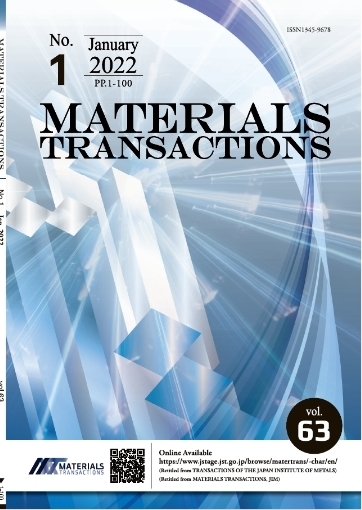Low Temperature Swelling in Beta-SiC Associated with Point Defect Accumulation
Yutai Katoh, Hirotatsu Kishimoto, Akira Kohyama
pp. 612-616
Abstract
An experimental technique to characterize irradiation-induced swelling, or isotropic volume expansion, through a combined utilization of medium-to-high energy accelerators and interferometric surface profilometry, was established. The technique was successfully applied to a characterization of swelling behavior in beta-silicon carbide arising from the accumulation of point defects at relatively low temperatures, i.e., 333–873 K, as a function of fluence level, displacement damage rate and irradiation temperature. Swelling rate and swelling at any given fluence level exhibited a negative dependence on irradiation temperature. The saturated low temperature swelling fell on the lower edge of neutron irradiated swelling data band. The influence of displacement damage rate appeared unremarkable. An additional study on the synergistic effect of atomic displacement damage and helium production revealed an enhancement of low temperature swelling in silicon carbide in the presence of helium.










